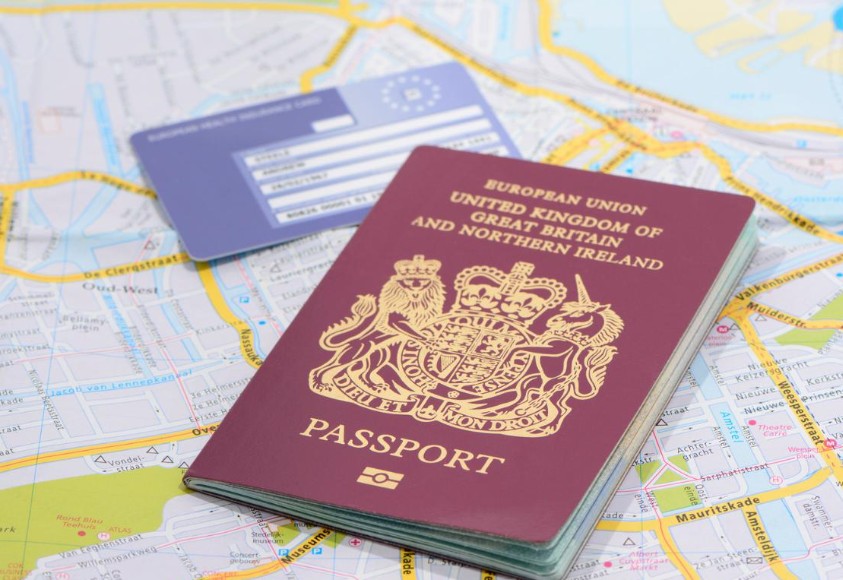UK Travellers Face New EU Border Security Registration – Who’s Exempt?
UK holidaymakers heading to Europe may need to acclimate quickly to a new border system.
The European Union officially rolled out its Entry/ Exit System( EES) from Sunday, 12 October, across 29 countries, including top sightseeing hotspots like Spain, Greece, and Italy.
The system collects biometric information from non-EU trippers. This means your face could be mugged and your fingerprints scrutinised before entering the Schengen area.
Once completely in place, passports will no longer need stamping, aiming to speed up crossings.
But the early days of the scheme have already raised red flags. Passengers could face delays of up to four hours at busy airports as the system beds in.
Julia Lo Bue-Said, chief executive of Advantage Travel Partnership, urged caution: “Make sure, where possible, you’re leaving yourself between three and four hours from the point of entry.”
She added: “You may be going for a concert, you may be going for a meeting, you may be going for a wedding, or for a cruise.
If you’re not leaving yourself enough time and you unfortunately arrive at an airport where there is a bottleneck, which in a lot of places there are already, this is going to add another layer of frustration and delay.”
Who Doesn’t Need to Register?
Not everyone will have to submit their biometric data under the new EU border security registration rules. According to the EU website, the following travellers are exempt:
- Non-EU nationals holding a residence card or permit and who are closely related to an EU-equivalent traveller.
- Individuals exempt from border checks due to special privileges, such as heads of state.
- Non-EU nationals with a residence card related to an EU citizen.
- Holders of a residence permit or long-stay visa.
- Non-EU nationals travelling for research, studies, training, exchanges, voluntary work, educational projects, or au-pairing under intra-corporate transfers.
- Citizens of Andorra, Monaco, San Marino, or holders of Vatican-issued passports.
- Diplomats on short stays, under certain conditions.
- Nationals of European countries already using EES, such as Cyprus and Ireland.
The scheme aims to streamline travel and improve security across Europe. But as with any new system, early adopters should plan extra time for their journey.
For UK travellers, awareness of the exemptions can save a lot of stress. Knowing whether you fall under the EES rules could mean the difference between a smooth airport experience and hours in a queue.






